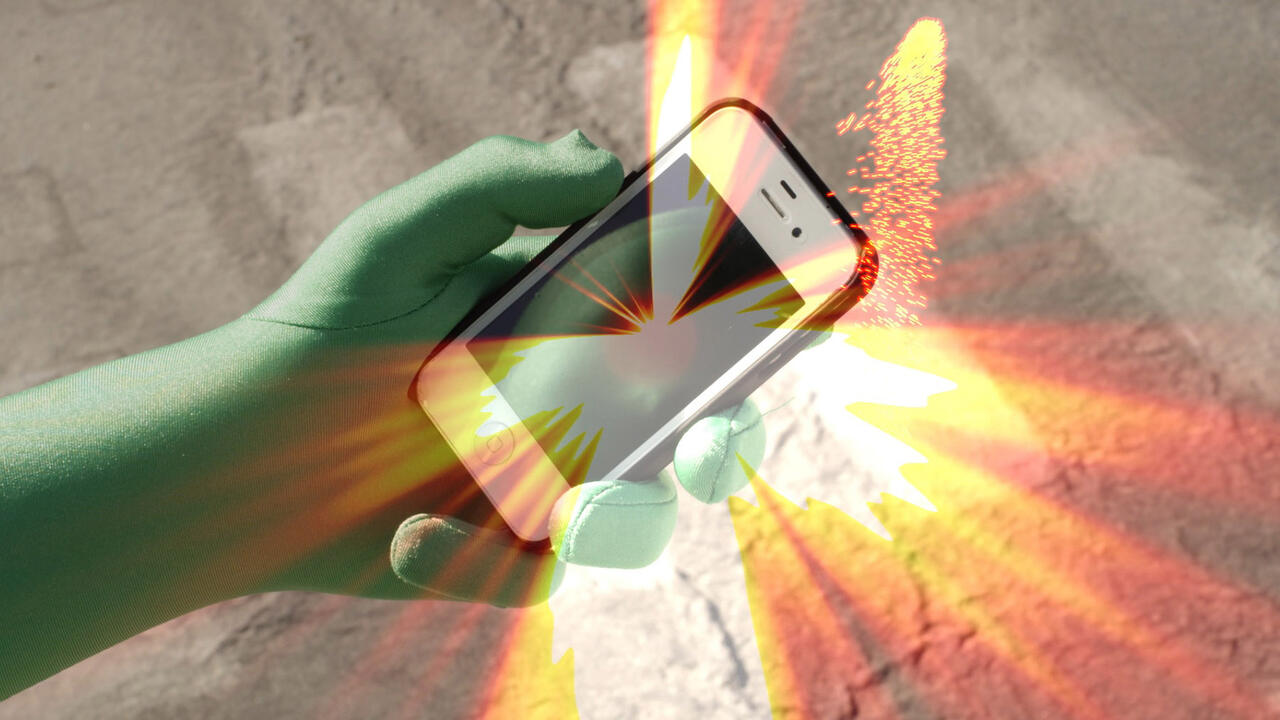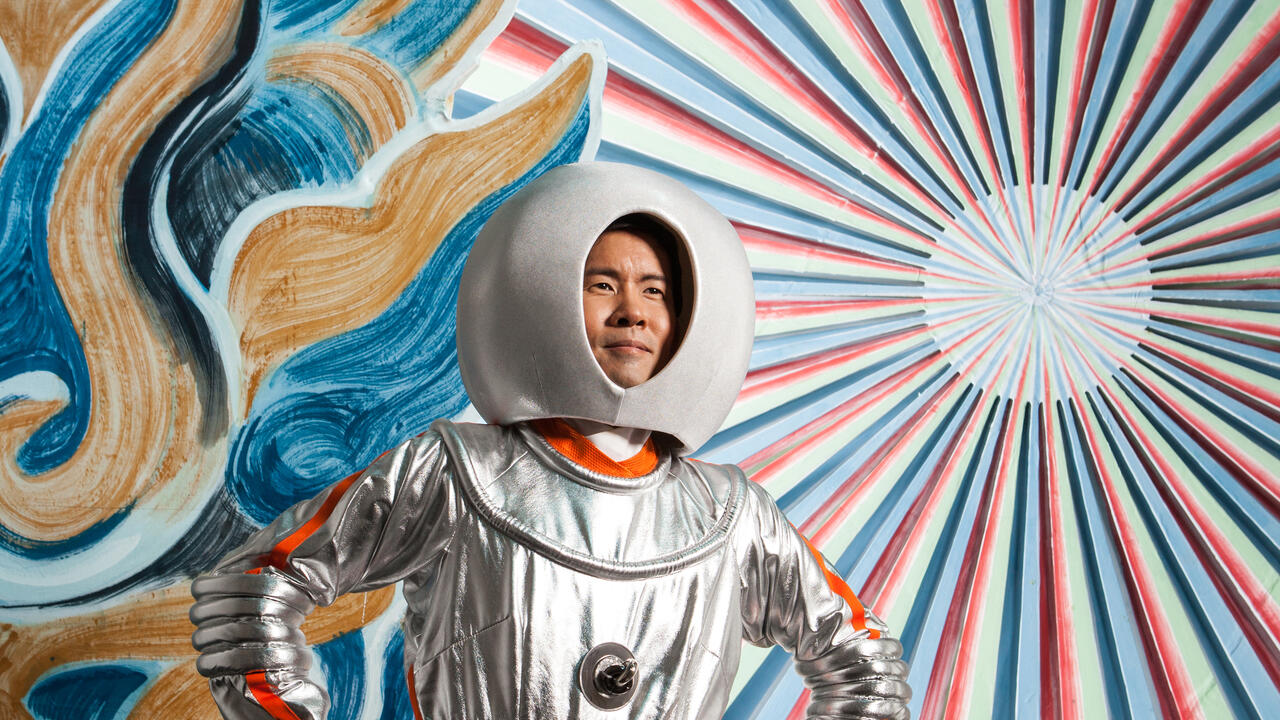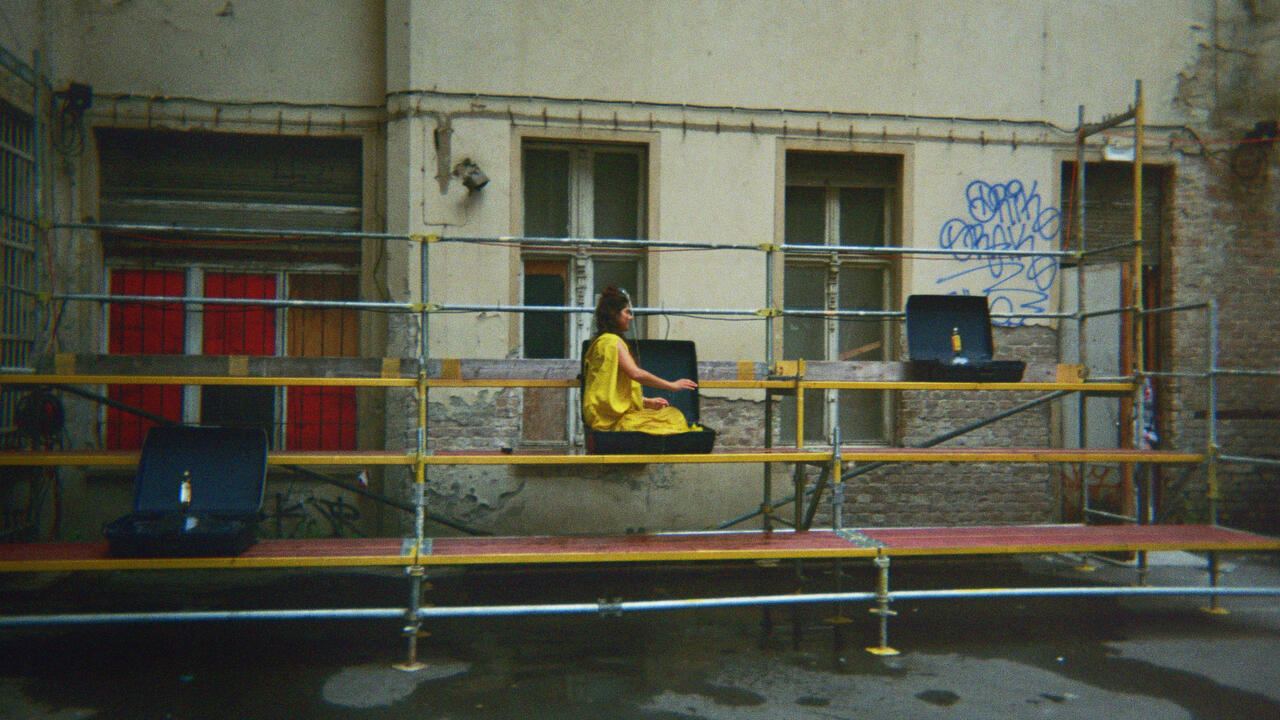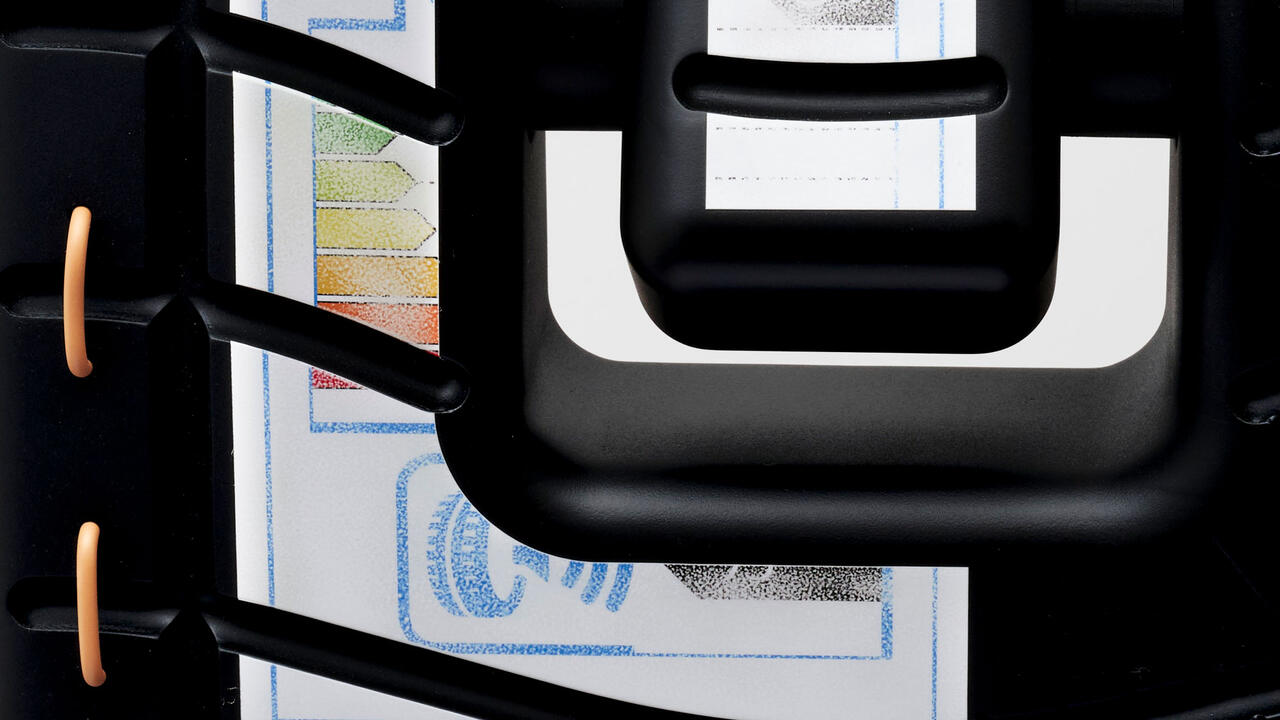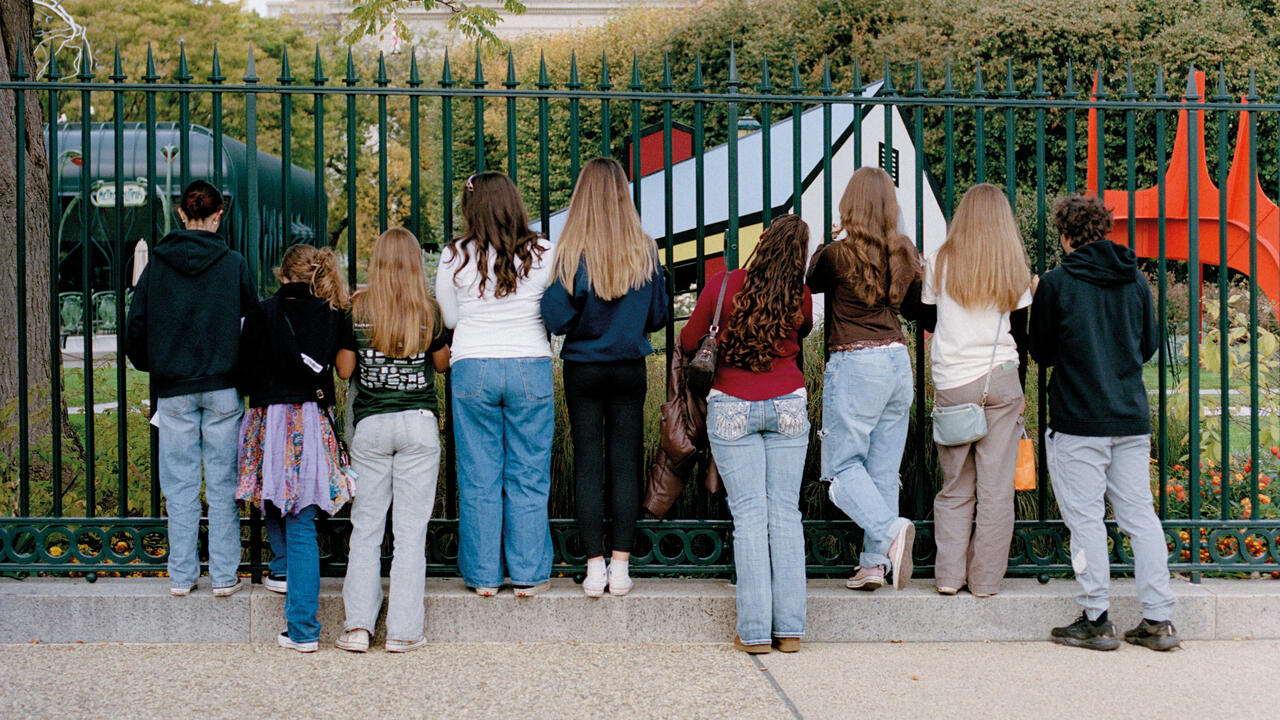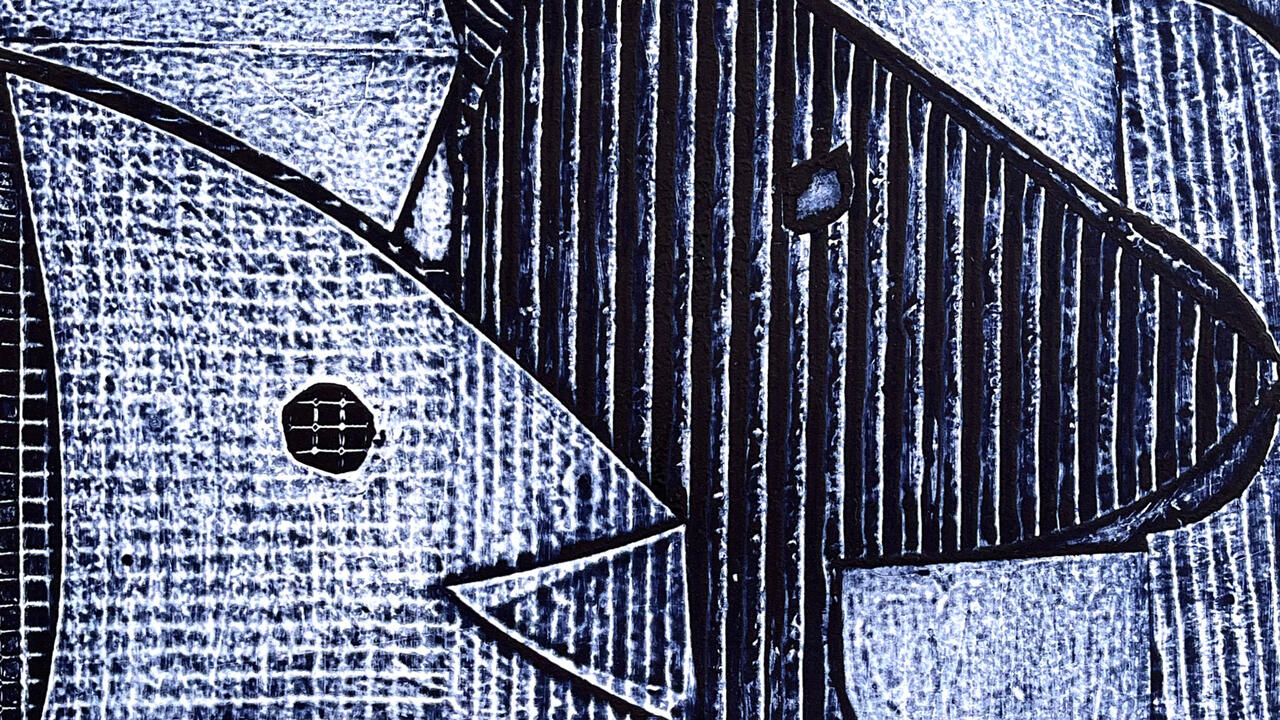How ‘Pokémon Sleep’ Promises to Commodify Our Dreams
The forthcoming mobile app wants to carry the transactional logic of video games into our unconscious minds
The forthcoming mobile app wants to carry the transactional logic of video games into our unconscious minds

When mobile app game Pokémon Sleep (scheduled for 2020) was announced at the end of May it was hard to avoid the self-help styled inflections of the presentation. ‘Pokémon made walking into entertainment’ the promotional video began, before offering what felt like an affirmation: ‘Our daily life has become more colourful, active and fulfilling.’ Accompanied by a counter ticking up towards and beyond the tens of billions of kilometres walked by Pokémon Go players in the past 3 years, there was a distinct self-confidence to the quantifiable ‘good’ of that number – who can argue with the value of getting more exercise? And so when that timer switched to counting hours, backed by the image of a peaceful sleeper, the same logic was extended into the world of sleep. Who among us, after all, could not use a little more sleep?
Enabled by the bizarrely named ‘Pokémon Go Plus+’ accessory, which sits beside you on the pillow like a hotel mint, Pokémon Sleep is an app which wants to turn ‘sleeping into entertainment’ presumably rewarding the player with new Pokémon creatures based on the hours of sleep they accrue in a single night. Pokémon Go – the augmented reality game released by the Pokémon Company in 2016 – encourages players to get outside and ‘catch’ Pokémon after locating them using their phones, visit in-real-life landmarks marked as ‘Pokéstops’, and use the distance accrued to hatch virtual eggs. Similarly, there is a sense of rewarding good behaviour to the announcement of Pokémon Sleep. But to pretend that this universal good is the primary focus here would be to ignore the legacy of that previous game. In its augmented maps of our cities Pokémon Go actively manipulates pedestrian routes to visit sponsored ‘Pokéstops’ at Starbucks and McDonalds, while individual players and independent business can buy ‘lures’ in the app: virtual beacons which can be deployed at will to attract more Pokémon, therefore bringing players to their location.

Despite being a free download, through these features, the game generated over USD$2 billion in revenue in the first two years of its operation. The logic that drives this is a deeply transactional one, placing a map of virtual commodities on top of a real one. You only need to look at that kilometre counter in the Pokémon Sleep announcement to understand this: this is an active quantification of daily activity – our non-working lives made ‘productive’. Pokémon Sleep, however it makes use of the ‘quantity’ of sleep we accrue, cannot escape this logic. Our rest, like our commute, becomes a productive transaction.
The idea of sleep as transactional is so widespread in video games that it almost goes without saying. For a medium where the likes of energy, health, comfort and even sanity are both explicitly and implicitly quantified, the idea of sleep or rest as a refilling of these volumes is a natural one. This idea is one that so easily maps onto our experience of daily life, where a restful night seems to promise a productive day, while insomnia robs us of our faculties for the coming dawn. How often do we excuse ourselves on the basis of being tired or sleeping badly? Yet these are so often excuses, or attempts at rationalising an irrational process. Sleep resists this – it remains in an opaque relationship with our lives.
In his 2014 book 24/7: Late Capitalism and the Ends of Sleep, the art critic Jonathan Crary identifies this sense of resistance, and capitalism’s assault upon it. Crary connects the contemporary ‘crisis’ of sleep (explaining that ‘the average North American adult now sleeps approximately six and a half hours a night, an erosion from eight hours a generation ago’) to the idea that ‘sleep poses the idea of a human need and interval of time that cannot be colonized and harnessed to a massive engine of profitability, and thus remains an incongruous anomaly and site of crisis in the global present’. For Crary, sleep is being erased because it is unproductive, it cannot be harvested for financial gain.

Yet here is Pokémon Sleep, attempting what Crary sees as impossible. Might it then be a kind of solution, one for a future where we sleep more? Though a pleasing idea, this is naïve. As Pierre Dardot and Christian Laval identify in their book The New Way of the World: On Neoliberal Society (2014), the patterns of ‘personal enterprise’, where our lives become productive processes to be self-managed and self-improved, only force us to internalize the alienation already present in the structures of economic productivity. As they put it: ‘the new techniques of ‘personal enterprise’ doubtless reach a peak of alienation in claiming to abolish any sense of alienation: following one’s desire and obeying the Other who speaks softly within the self are one and the same thing’. For Dardot and Laval, contemporary life is marked by the ‘tutelary figures of the market, enterprise and money’ which manipulate through ‘motivation, incentivization and stimulation’.
The real innovation of Pokémon Go, and now Pokémon Sleep, is the substitution of these ‘tutelary figures’ of finance and commodity with virtual versions of themselves. Pokémon Sleep will make sleep productive, yes, but not for us. The players of Pokémon Sleep will, like the players of Pokémon Go, become implicated in a phantom economy of commodity creatures and items, gained through their own manipulated behaviours. We will be productive of fictional values, tied to virtual entities. However, what we will be producing, through our sleep cycles and opportunistic naps, is actual capital for the owners and shareholders of the game. While we generate ‘hours’ of sleep, to be exchanged for trinkets, they will generate profitable data to be exchanged with third parties, advertising partnerships that ‘sponsor’ the messages you wake up to, and capital accrued from sleep boosters, or whatever monetization will inevitably be implemented. In Pokémon Go and Sleep the cute and colourful monsters become our tutelary figures, the trojan horses that hide within them a pernicious desire to colonise every hour of our lives for financial gain. Perhaps we will sleep more if we can get a Pikachu out of it, but the question remains, who will we be sleeping for?
Main image: Rob Letterman, Pokémon Detective Pikachu, 2019, film still. Courtesy: The Pokémon Company








